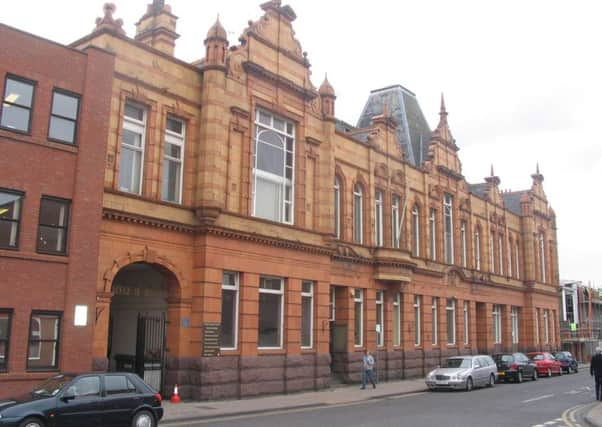Council tax increase of 2.9 per recommended in Boston


The Cabinet today (Wednesday) recommended the increase – a change from a previous recommended 1.98 per cent - because of last-minute changes by central Government.
Government increased from two per cent to three per cent the maximum that councils can increase council tax before needing a public referendum.
Advertisement
Hide AdAdvertisement
Hide AdIf the full council accepts the recommendation it will mean less than an additional 10p per week for a band D property – 89 per cent of borough residents will pay less.
Around 80 per cent of council tax goes to Lincolnshire County Council and about 10 per cent each to Lincolnshire Police and the borough council
The county council is to raise its share by 3.95 per cent.
Councils with adult social care responsibilities have been allowed by Government to raise an extra two per cent above the three per cent limit before the need for a referendum.
Lincolnshire Police is to raise its share by 1.96 per cent .
Advertisement
Hide AdAdvertisement
Hide AdCoun Aaron Spencer, Boston Borough Council’s finance portfolio holder, said the council has to save more than £2 million over the next four years as central Government funding is withdrawn.
The council has already saved £2.4 million.
Coun Michael Brookes said there was no alternative to the council tax increase ‘with such a large budget gap because of austerity measures’.
Cabinet members heard that the council’s scrutiny committee had examined the budget proposals. Committee chairman Coun Paul Gleeson said it accepted the council had no option other than to increase council tax by the maximum that it could because of the impact of cuts.